British-Irish boy band, One Direction, was a phenomenon: Dubbed “the internet’s first boy band,” the group found profound, and retrospectively unexpected, success in the early 2010s. Composed of five members, Niall Horan, Louis Tomlinson, Harry Styles, Liam Payne and Zayn Malik, the iconic pop band had a short-lived five-year career before taking an indefinite hiatus in 2015.
The band members got their start in an extremely unassuming way, not only for the time, but also in a way that has yet to be recreated on the same large scale. They were brought together on the London-based talent show “X-Factor” as individual contestants who failed to progress past the bootcamp stage of the show.
Individually, each member was light-years away from being a pop star prodigy. Average-at-best singers, dancers and overall performers, their stage presence lacked the confidence and fine-tuning that a solo act needs to command the industry. Yet, producers saw an undeniable glimpse of talent and pushed the five of them forward as a group. Although an “X-factor” victory surpassed them, the stardom of what was next for them was incomparable to any award they could have been granted.
From that humble start, One Direction stumbled into immediate success. Their first-ever release “What Makes You Beautiful” became an overnight success. With the release of their debut album “Up All Night,” they went on to become the first British band to top American charts, spending 13 weeks in the top 10 of the Billboard Hot 100.
Nearly instantaneously, One Direction became an anomaly in the industry. In their mere five-year run, they shattered the records for ticket sales, becoming the highest-grossing concert tour of 2014 and making them one of the best-selling boy bands of all time.
They broke the mold of their predecessors and rewrote the boy band playbook by avoiding overdone pre-choreographed moves, never wearing uniform clothes and being heavily tattooed. Witty and amusing, they pulled juvenile pranks mid-performance, sang from the comfort of a couch on stage and wore funny costumes when they wanted to.
Their personas were brought to life through the music, and the members often co-wrote their songs, but the group’s dynamic was further shown through their frequent interactions with fans. They would show up in chat rooms, communicating on Twitter (known today as X), Tumblr and Instagram to have long and short conversations with their unwavering supporters.
More than a band, One Direction was a group. A group of artists, but even further, they were friends. Often publicized on social media, their friendship and humor made them real. It was because of this that they didn’t just have fans. They had devoted followers who felt let it into the group’s inner circle, privy to their inside jokes and shenanigans.
It was this genuine camaraderie that helped make them so beloved. In a Rolling Stone interview, their frequent collaborator Savan Kotecha said “They did that by being themselves. That was a unique thing about these boys: When the cameras turned on, they didn’t change who they were.”
In an industry often characterized by brutalizing egos and artificial images, One Direction’s embrace of themselves and each other was refreshing. It played a big part in their remarkable rise to fame.
As their notability inevitably grew larger, the members remained distinctively down-to-earth. Their willingness to be vulnerable and unguarded on public platforms like social media allowed fans to feel a genuine connection to the band. It was a stark contrast to anything like the manufactured personas of public figures that had become the norm in the pop music landscape.
The legacy of One Direction was forever altered by the passing of member Liam Payne on Oct. 16, leaving the group and their legions of devoted fans in a complex state of grief in the midst of Payne’s recent controversy and public scrutiny. Fans and casual listeners returned to where they first met, the internet, and spoke about their complicated feelings towards Payne’s death.
The early 2010s were not only their peak but also the end of One Direction as we know it. While the group may never reunite, the memory of One Direction will endure. Long live 1D.




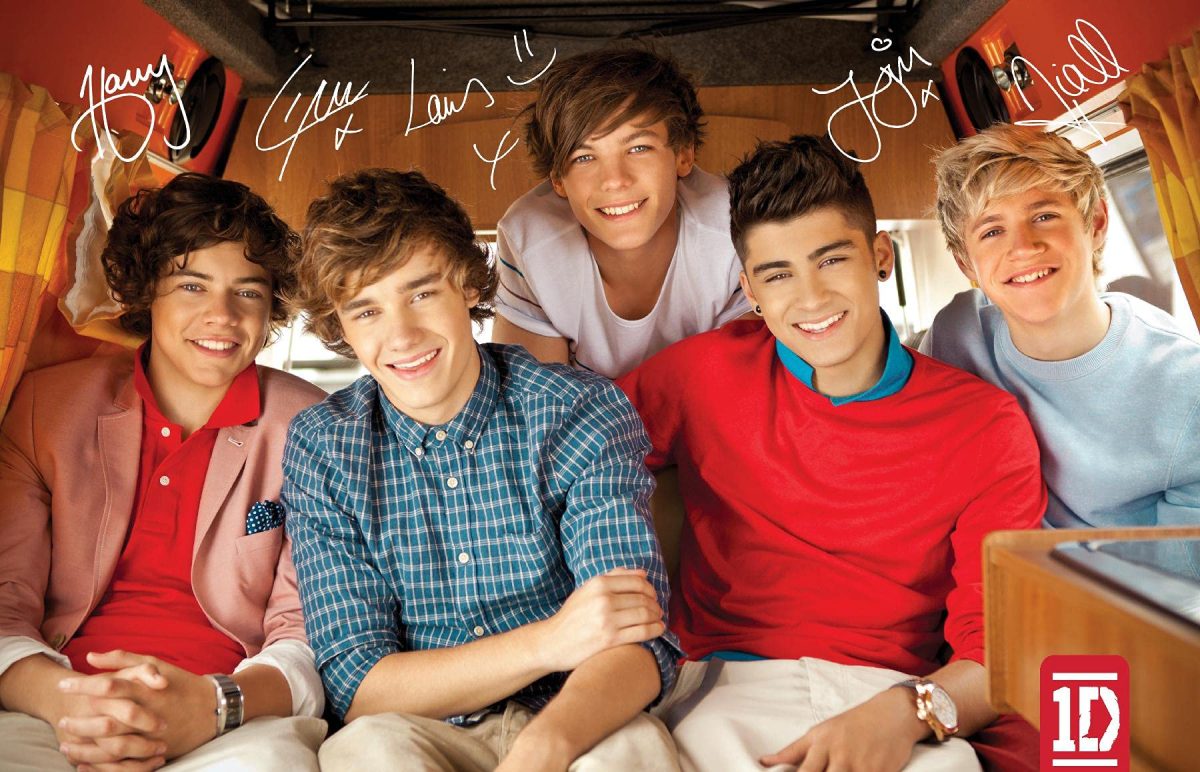
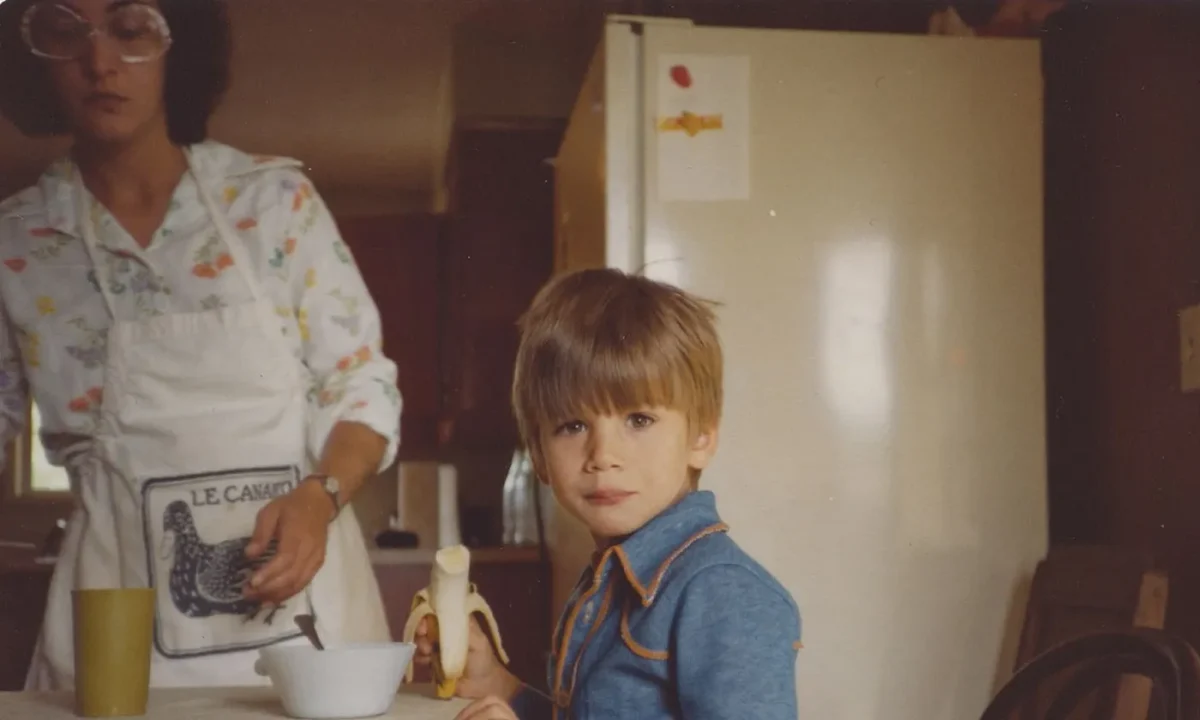
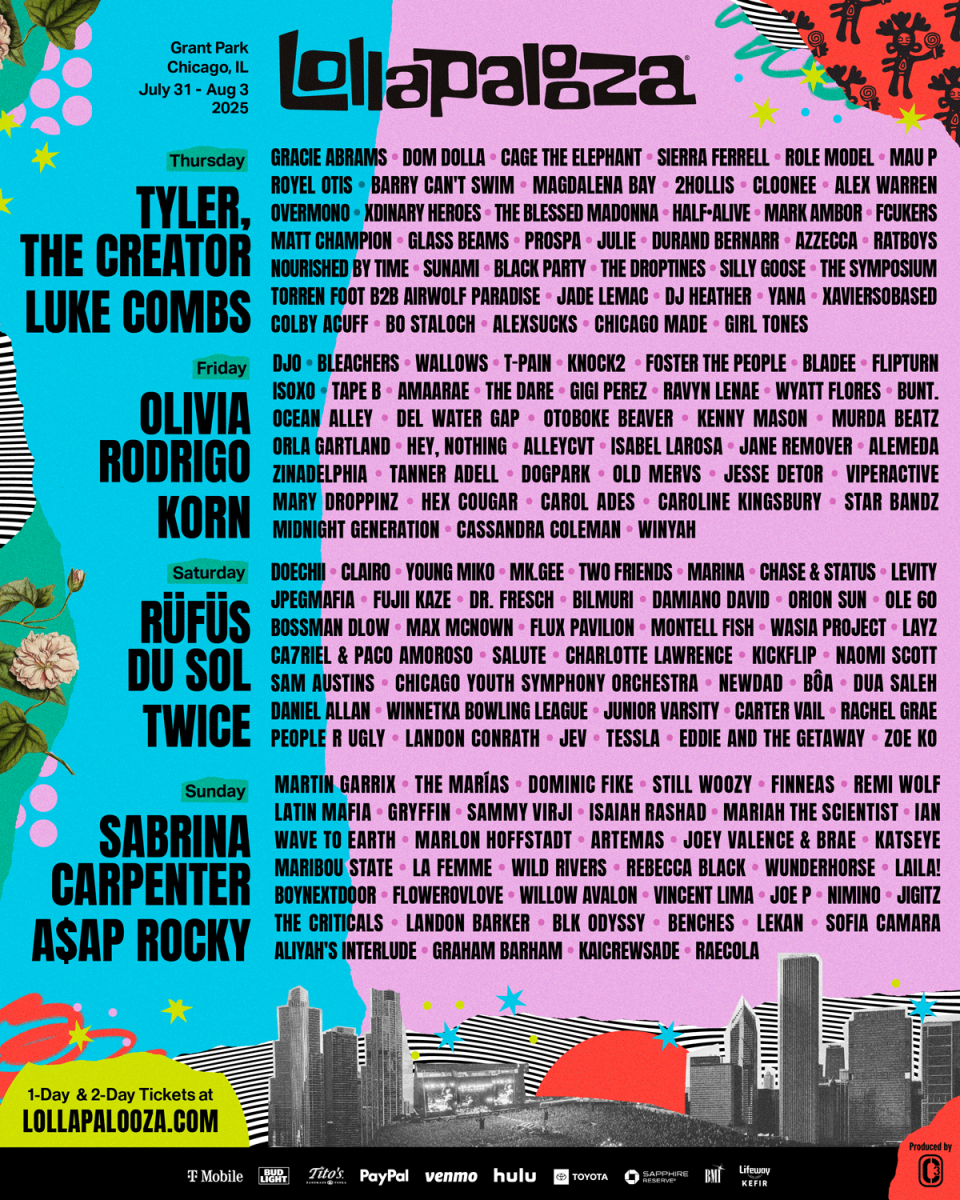
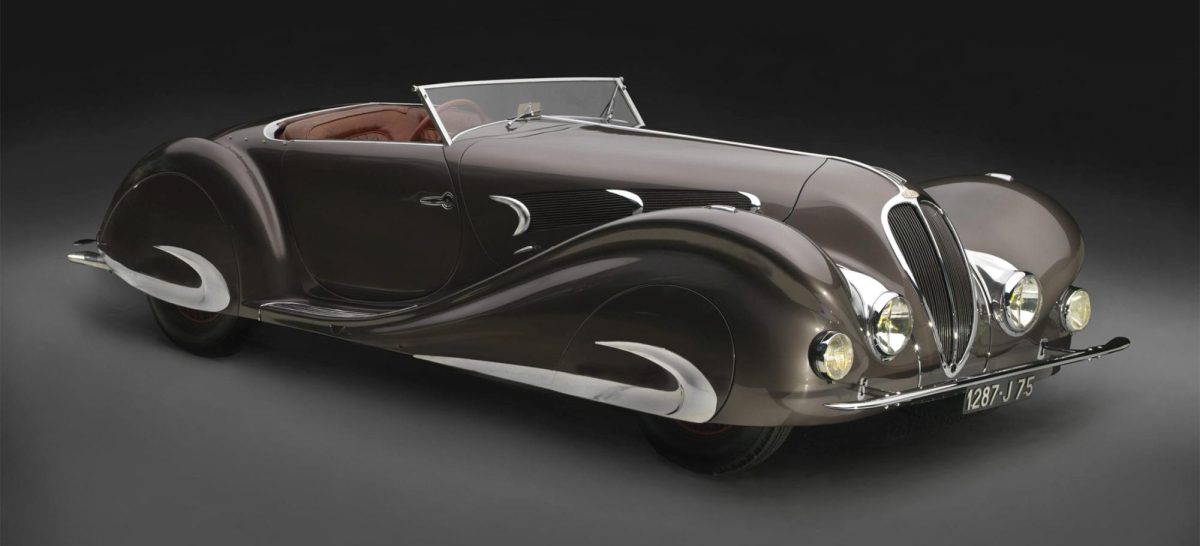
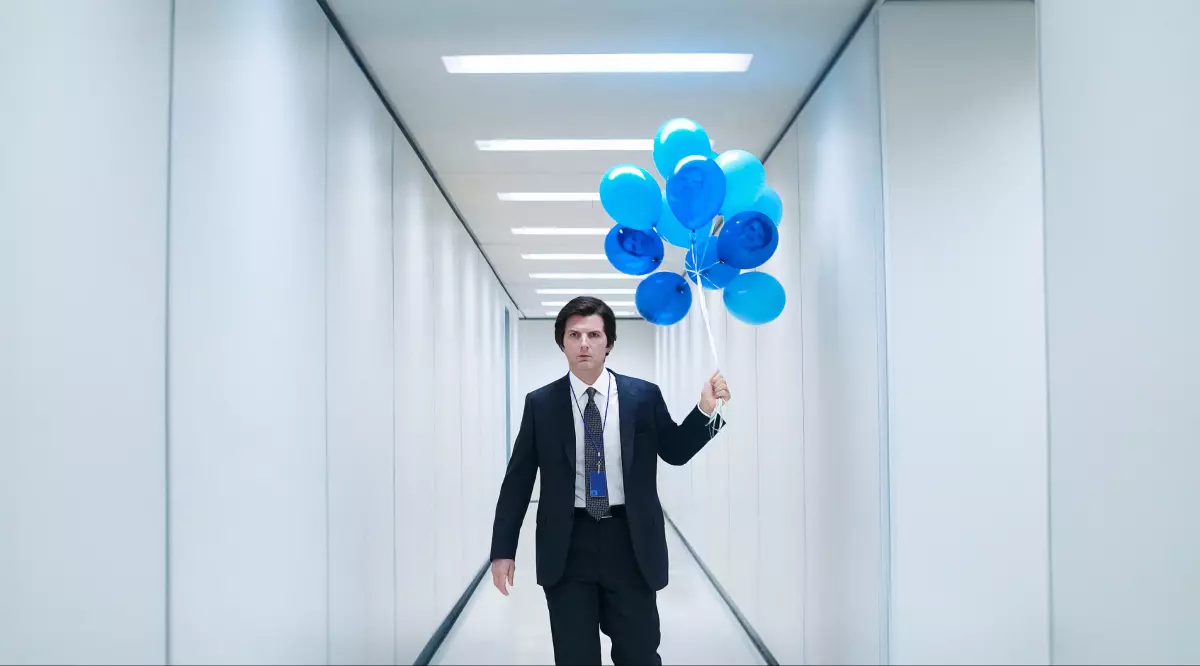
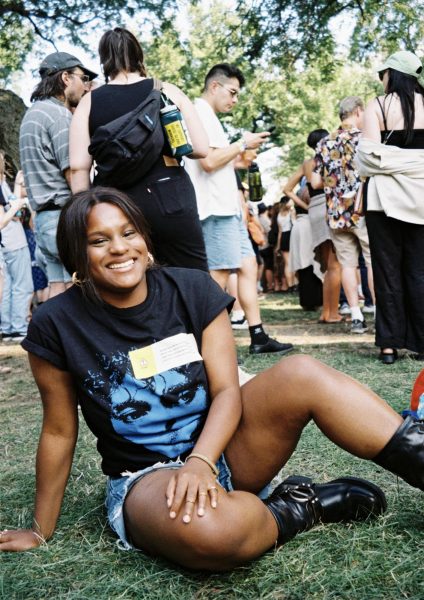
Chloe • Feb 6, 2025 at 12:48 pm
Whoever wrote this and is reading this I just wanna say that I’m glad that there’s still people that support these men . And this last paragraph hit me hard .
Darla Fender • Dec 21, 2024 at 9:06 am
I am now 71 and I becaome a fan from the start. These 5 boys touch my heart and soul with happiness, laughter and love. The best thing besides their voices and looks is, they were true to being themselves, all so close to each other and havin a time of their lives. Thanx 1D I got to feel young again. I listen to their music all the time and to me, there will never be another boy band as special or loved as “One Direction” Liam u are so missed and have left a hole in so many hearts. I can’t wait till I’m finally able to meet u one day
alison zamora • Feb 11, 2025 at 3:30 pm
I just want to say that last sentence really hit that was very beautiful Darla. Wish you the best and have a happy valentine !
Paul Medici • Nov 1, 2024 at 5:57 am
A well written and very thoughtful piece.
Kacie • Dec 15, 2024 at 3:34 pm
I have a crush on Niall Horan